Does Exfoliating Help with Acne?
Acne is a common skin condition that affects millions of people worldwide. While many treatments are available for acne, exfoliation has been suggested as a natural remedy to help prevent and treat acne. In this article, we’ll explore the benefits of exfoliation for acne-prone skin and provide tips on how to exfoliate effectively.
What is Exfoliation?
Exfoliation is removing dead skin cells from the skin’s surface. There are two types of exfoliation: physical and chemical. Physical exfoliation involves using a scrub or brush to physically remove dead skin cells, while chemical exfoliation involves using acids or enzymes to dissolve the dead skin cells.
Benefits of Exfoliation for Acne:
Exfoliation offers a range of benefits for the skin, making it an effective acne treatment. Here are some of the ways exfoliation can help improve acne:
- Unclogs Pores: Acne is often caused by clogged pores that become inflamed and infected. Exfoliation can help unclog pores by removing dead skin cells and other debris from the skin’s surface.
- Reduces Inflammation: Acne is often accompanied by inflammation, which can cause redness, swelling, and discomfort. Exfoliation can help reduce inflammation by removing dead skin cells that can contribute to the inflammatory process.
- Increases Cell Turnover: Exfoliation can help increase cell turnover, which can help prevent clogged pores and reduce the appearance of acne scars and blemishes.
- Enhances Product Absorption: Exfoliation can help improve the absorption of other skincare products, such as serums and moisturizers, by removing dead skin cells that can block the absorption of these products.
Tips for Exfoliating Acne-Prone Skin:
While exfoliation can be an effective acne treatment, it’s essential to do it correctly to avoid irritating or damaging the skin. Here are some tips for exfoliating acne-prone skin:
- Choose the Right Exfoliant: A gentle, non-irritating chemical exfoliant that contains salicylic or glycolic acid.
- Be gentle when exfoliating acne-prone skin to avoid irritating or damaging the skin. For example, use light pressure and avoid scrubbing too hard.
- Don’t Overdo It: Exfoliating too often or aggressively can irritate the skin and worsen acne. Limit exfoliation to once or twice a week.
- Moisturize: Exfoliation can dry out the skin, so it’s important to moisturize after exfoliating to keep the skin hydrated and healthy.
Conclusion: Exfoliation can be an effective treatment for acne-prone skin by unclogging pores, reducing inflammation, increasing cell turnover, and enhancing product absorption. However, it’s essential to choose the right exfoliant, be gentle, avoid overdoing it, and moisturize after exfoliating to prevent irritating or damaging the skin. By following these tips, you can exfoliate acne-prone skin effectively and achieve clearer healthier-looking skin.
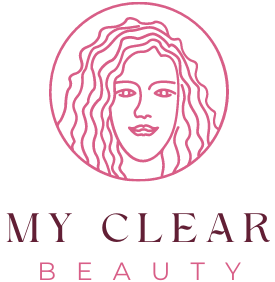
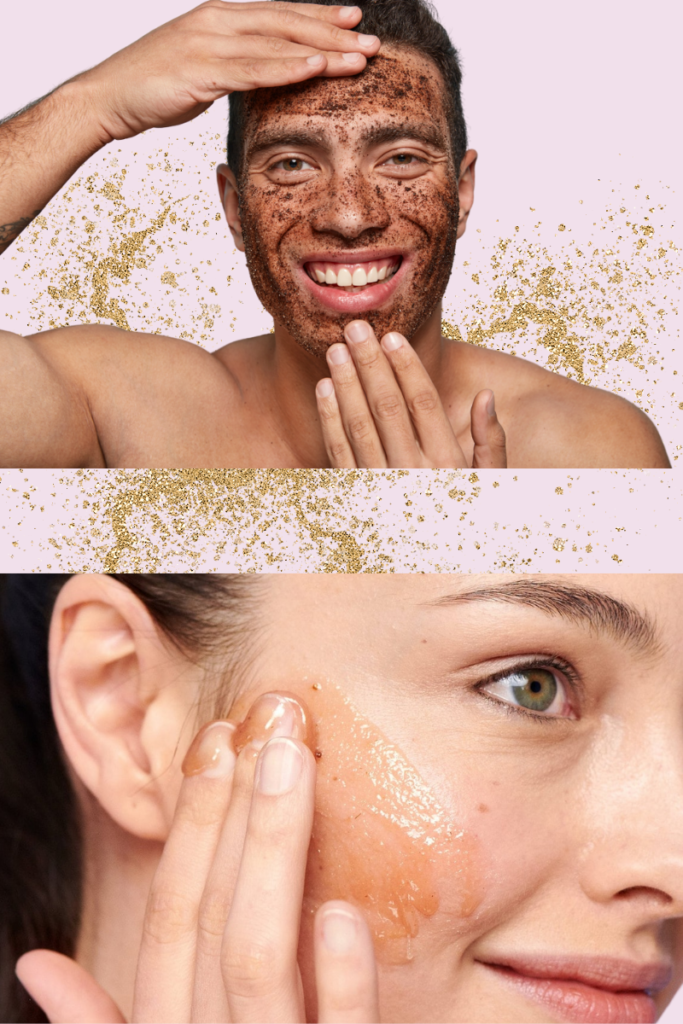
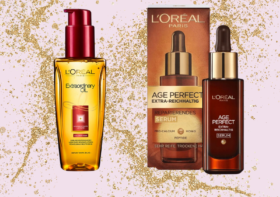
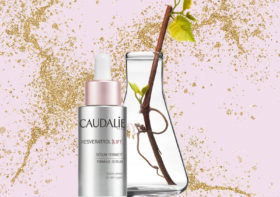
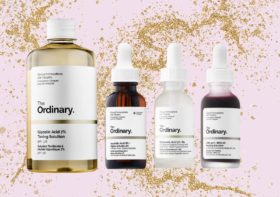
Fashion Styles
We’re a group of volunteers and starting a new scheme in our community. Your web site offered us with valuable info to work on. You have done a formidable job and our whole community will be grateful to you.